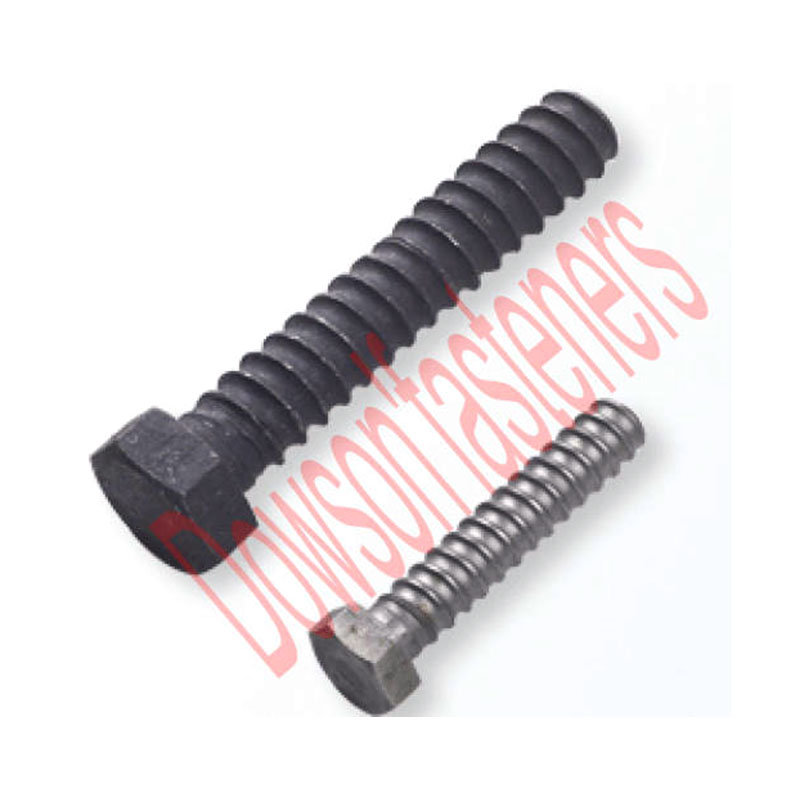Unraveling the Strength: Exploring the Unique Features of Step Bolts
2024-01-30
Introduction:
In the world of fasteners, step bolts stand out as versatile and reliable components that play a crucial role in various industries. These specialized bolts possess unique features that make them distinct from their counterparts, offering a range of benefits in terms of structural integrity and ease of use. In this blog, we'll delve into the distinctive characteristics that set step bolts apart, highlighting their importance and applications in diverse fields.
1. Step Design for Enhanced Grip:
One of the standout features of step bolts is their step-like design. These bolts feature a gradual increase in diameter along their length, creating steps or tiers. This design serves a dual purpose. Firstly, it enhances the grip and load-bearing capacity of the bolt, making it suitable for applications where stability and strength are paramount. The stepped profile ensures a secure and reliable connection, especially in heavy-duty structures.
2. Versatility in Applications:
Step bolts find applications across a spectrum of industries, thanks to their versatile design. From construction and infrastructure projects to machinery assembly and automotive applications, these bolts are employed where a robust and reliable fastening solution is required. The stepped design allows for flexibility in accommodating different load requirements, making step bolts an excellent choice for varied engineering challenges.
3. Ease of Installation:
Installing step bolts is a straightforward process, adding to their appeal in construction and manufacturing settings. The stepped design aids in alignment during installation, reducing the chances of misalignment and simplifying the assembly process. The ease of installation not only saves time but also contributes to the overall efficiency of the project.
4. Optimized Strength-to-Weight Ratio:
Step bolts are engineered to deliver exceptional strength while maintaining an optimized weight profile. The stepped design allows for strategic material distribution, ensuring that the bolt remains robust without unnecessary bulk. This feature is particularly valuable in applications where weight considerations are crucial, such as aerospace engineering or automotive manufacturing.
5. Corrosion Resistance and Durability:
Step bolts are often crafted from high-quality materials like stainless steel or alloy steel, providing inherent corrosion resistance. This makes them suitable for outdoor applications and environments prone to moisture or harsh weather conditions. The durability of step bolts ensures a long service life, reducing the need for frequent replacements and maintenance.
6. Customization Options:
Manufacturers recognize the diverse needs of industries and offer customization options for step bolts. Clients can choose from various materials, finishes, and sizes to tailor the bolts to specific project requirements. This adaptability makes step bolts a preferred choice for engineers and project managers seeking precision in their fastening solutions.
Conclusion:
Step bolts are an indispensable component in the world of fasteners, boasting a unique stepped design that sets them apart. From their enhanced grip and versatility to ease of installation and optimized strength-to-weight ratio, these bolts offer a myriad of benefits across diverse applications. As industries continue to evolve, step bolts remain a reliable choice for those seeking robust and efficient fastening solutions in the ever-changing landscape of engineering and construction.



